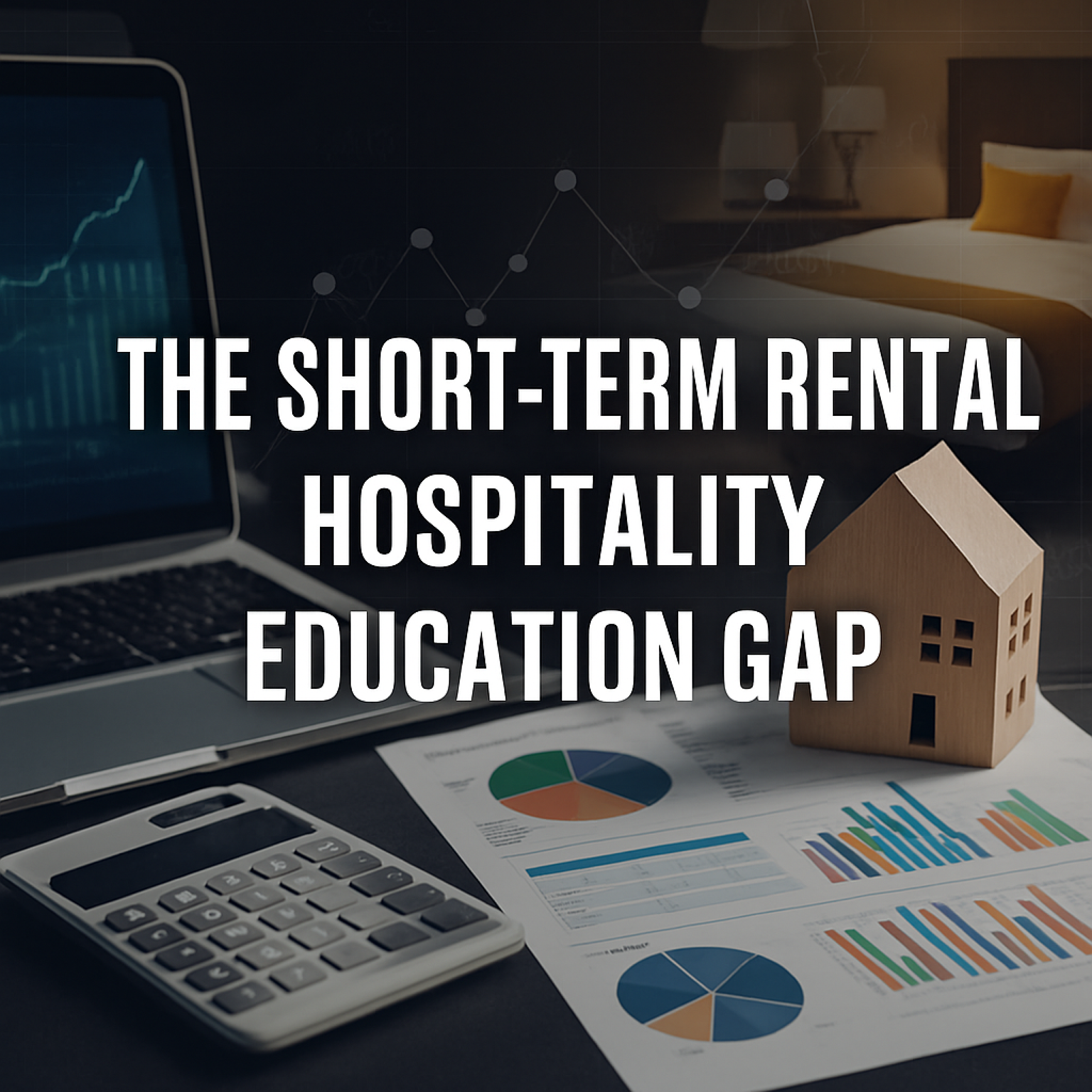
Recently, my team brought to my attention a message from a property owner who was upset about a nightly rate adjustment for her Airbnb listing. She insisted that “we agreed upstairs would never go below $70 a night,” and referenced what she saw online on Airbnb, as proof that something must have gone wrong.
It wasn’t the first time we’ve received that kind of message.
And it won’t be the last — because this isn’t just a one-off misunderstanding.
It’s a symptom of something much deeper: the Caribbean’s short-term rental education gap.
The Fixed-Rate Mindset
Many property owners across the region still approach short-term rentals with the mindset of long-term leasing: set a price and stick to it.
But hospitality doesn’t work that way.
Dynamic markets adjust rates daily based on occupancy, demand, competition, and seasonality.
What that owner interpreted as “an error” was actually revenue management doing its job.
In the Caribbean, that kind of data-driven thinking still feels unfamiliar.
Here, pricing often feels personal. If the system drops a rate by $5, it’s seen as disrespect — not optimization.
That emotional attachment to numbers is one of the biggest barriers to scaling our regional short-term rental industry.
What Dynamic Pricing Actually Means
Dynamic pricing isn’t discounting.
It’s about optimizing yield — maximizing total revenue, not just the rate per night.
In global hospitality, rates fluctuate constantly. Airlines do it. Hotels do it. Even Uber does it.
These aren’t random changes; they’re responses to real-time market data.
When occupancy drops, prices adjust downward to attract bookings.
When demand spikes, prices rise to capture higher value.
It’s not manipulation — it’s mathematics.
If owners want consistent occupancy and long-term profit, they have to trust the systems that make those outcomes possible.
Data vs. Decisions
What this exchange revealed to me wasn’t just a misunderstanding of pricing — it was a misunderstanding of partnership.
When owners insist on arbitrary minimums without understanding the market, they’re not making strategic decisions; they’re making emotional ones.
And emotional decisions in business almost always cost money.
That’s why, in my response, we honored their request — but made it clear that enforcing fixed minimums means opting out of full dynamic optimization.
It’s a trade-off between control and performance.
Ownership Without Literacy
Everyone wants passive income. But the short-term rental industry isn’t passive — it’s a professional, data-driven business built on service, systems, and psychology.
Too many Caribbean owners want the returns of a hotel with the mindset of a landlord.
They see platforms like Airbnb as shortcuts, not industries.
And until we bridge that educational divide — between ownership and operational literacy — we’ll keep having the same conversations: debating rates instead of building systems.
The Shift That’s Needed
Caribbean short-term rentals property owners need better education.
From pricing and positioning to service and standards, every owner, manager, and investor must become literate in how this industry actually works.
Short term rental investors understand that management companies use algorithms that leverage real-time data to automate price adjustment based on factors like supply, demand, competitor actions, and customer behavior, rather than relying on fixed nightly rates.
It is time that Caribbean property owners become educated in what is considered a standard industry practice around the world. Because at the core, it’s not about the nightly rate, it’s about the annual yield. True investors don’t measure success by how much a guest paid per night, they measure it by how effectively their assets perform over an entire year.
That means optimizing occupancy, revenue, and operating costs to achieve consistent, data-driven returns, and not chasing arbitrary price points that feel emotionally satisfying but financially limiting.
Because until we start treating short-term rentals like the profession they are, we’ll keep mistaking data for disrespect — and leaving money, opportunity, and credibility on the table.